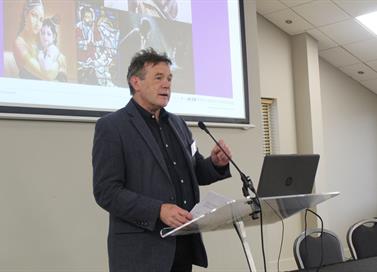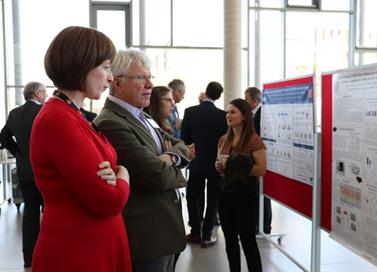Transitions
'We call on the next Welsh Government to ensure parity between Physical and Mental Health Services.'
We would like:
In June 2020, we held focus groups with our child and adult psychiatry faculties to understand more about transitions between CAMHS and AMHS. Our focus groups have demonstrated to us that whilst there is guidance for transitions, it is not uniformly implemented, and disagreement and differences between services often prolong transitions unnecessarily. Our focus group agreed that a joint protocol between services would reduce friction in transitions and provide needed clarity and consensus for clinicians.
*Burns, T., Catty, J. 2008. IPS in Europe: The EQOLISE trial. Psychiatric Rehabilitation Journal 31(4), pp. 313 – 317
Opportunities
The College has also identified a number of projects and ideas that we would like the Welsh Government to consider in the context of mental health, as well as including here some recommendations as to how the Welsh Government could apply them.





